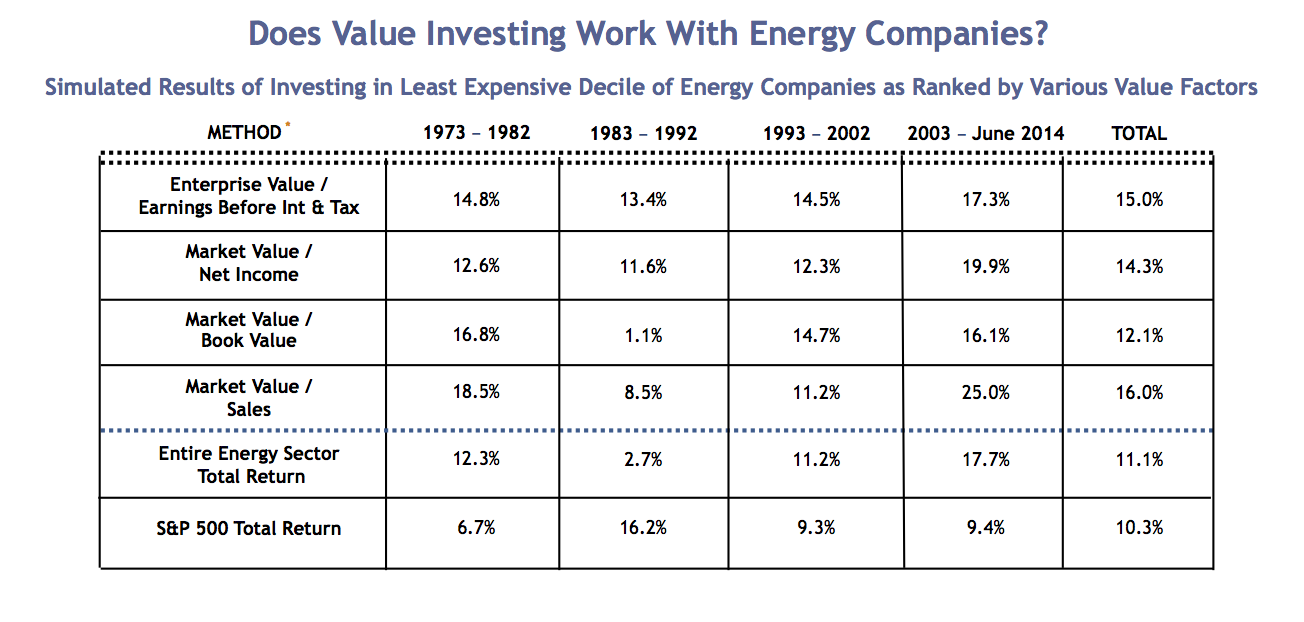If the thought of buying the stock market frightens you, you are not alone. People with very minimal experience in stock investing are either horrified by scary stories of the average financier losing 50% of their portfolio valuefor example, in the two bearishness that have actually already happened in this millennium or are seduced by "hot pointers" that bear the promise of substantial benefits however seldom pay off.
The truth is that purchasing the stock market carries risk, but when approached in a disciplined manner, it is among the most effective ways to develop one's net worth. While the value of one's house generally accounts for the majority of the net worth of the typical specific, the majority of the wealthy and really abundant usually have most of their wealth bought stocks.

Secret Takeaways Stocks, or shares of a business, represent ownership equity in the company, which offer investors voting rights as well as a recurring claim on business incomes in the kind of capital Click here for info gains and dividends. Stock exchange are where specific and institutional investors come together to purchase and offer shares in a public place.
For example, an individual or entity that owns 100,000 shares of a business with one million impressive shares would have a 10% ownership stake in it. The majority of business have exceptional shares that face the millions or billions. Typical and Preferred Stock While there are two primary kinds of stockcommon and preferredthe term "equities" is synonymous with typical shares, as their combined market value and trading volumes are numerous magnitudes bigger than that of preferred shares.
Preferred shares are so called because they have preference over the common shares in a business to receive dividends As properties in the event of a liquidation. Common stock can be more categorized in regards to their ballot rights. While the basic property of common shares is that they must have equivalent ballot rightsone vote per share heldsome companies have double or several classes of stock with different voting rights connected to each class.